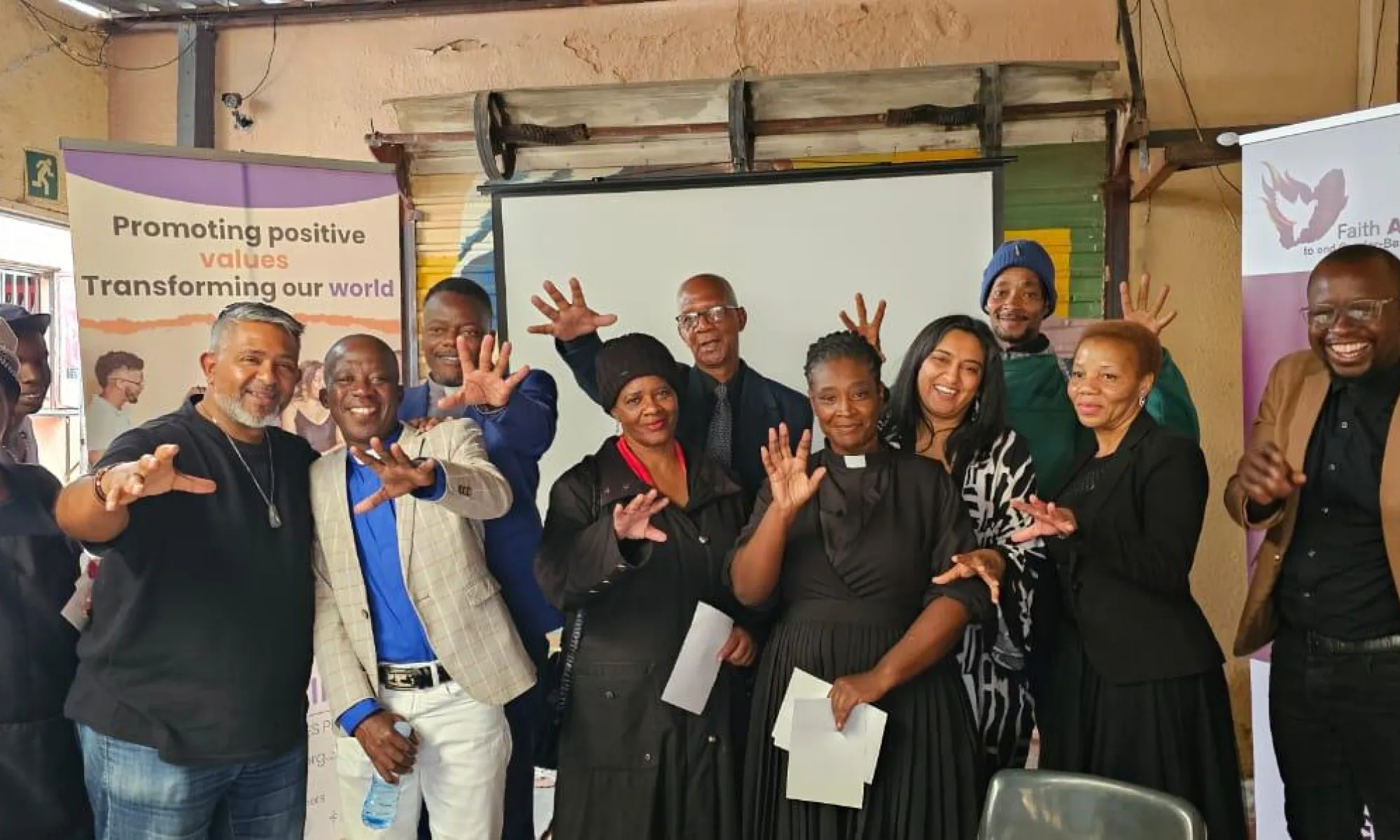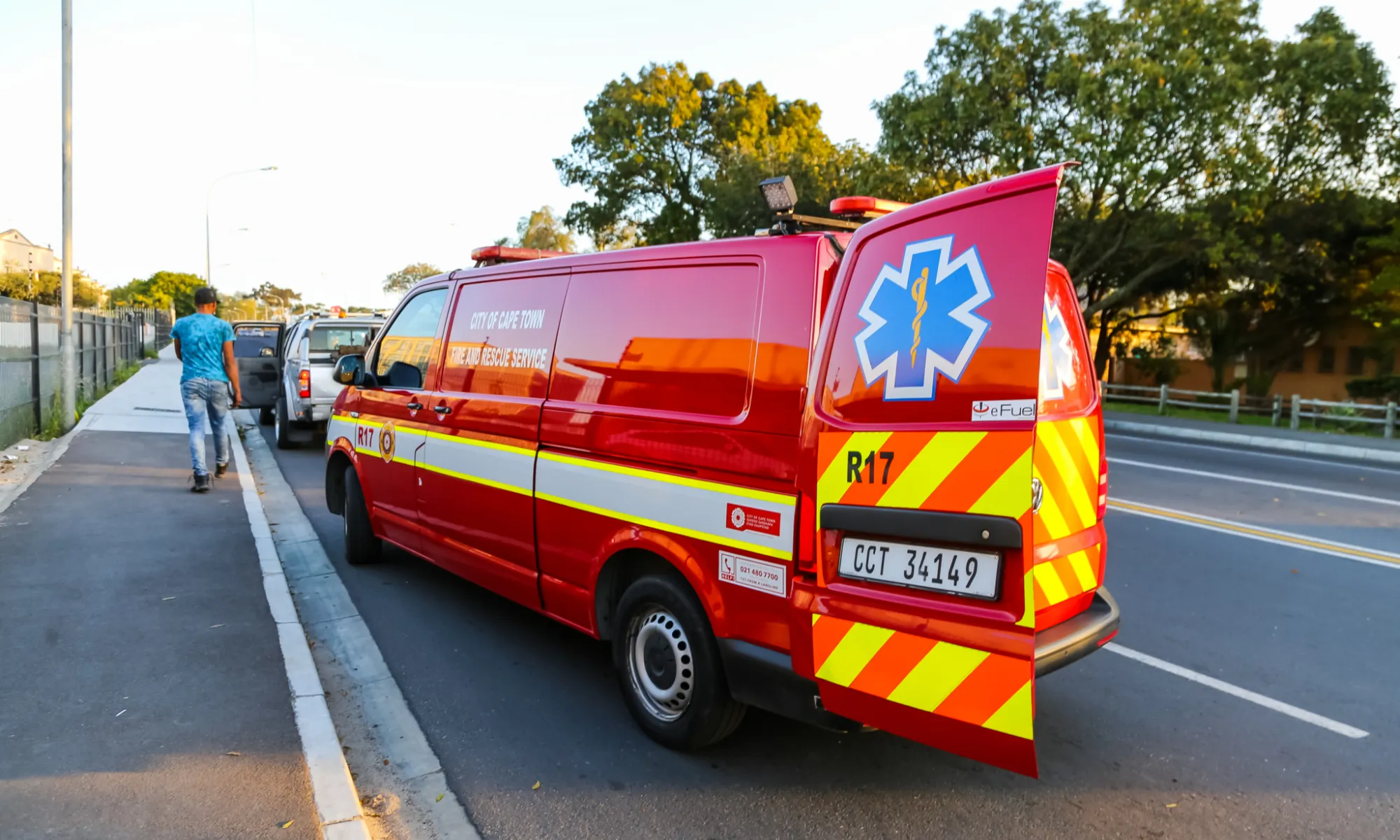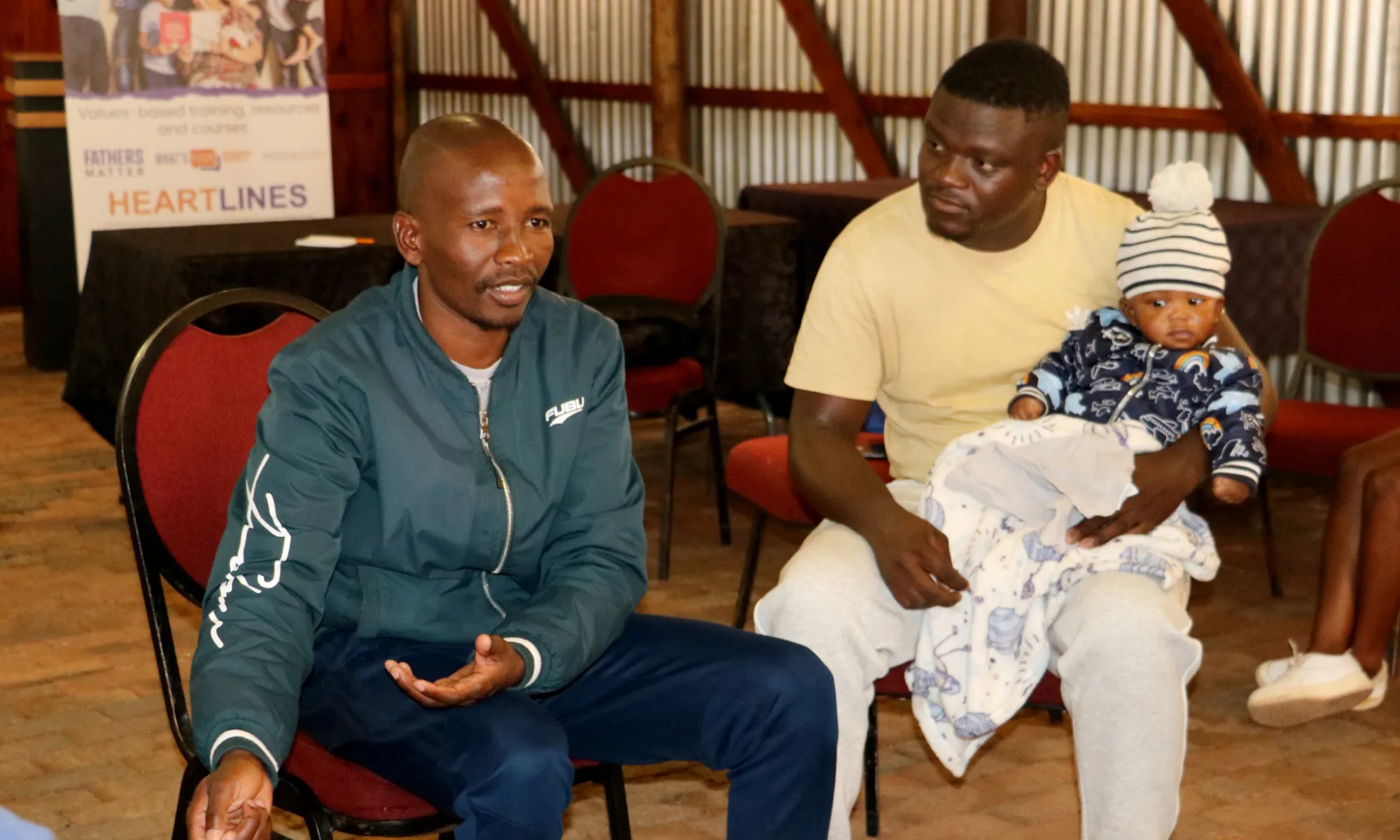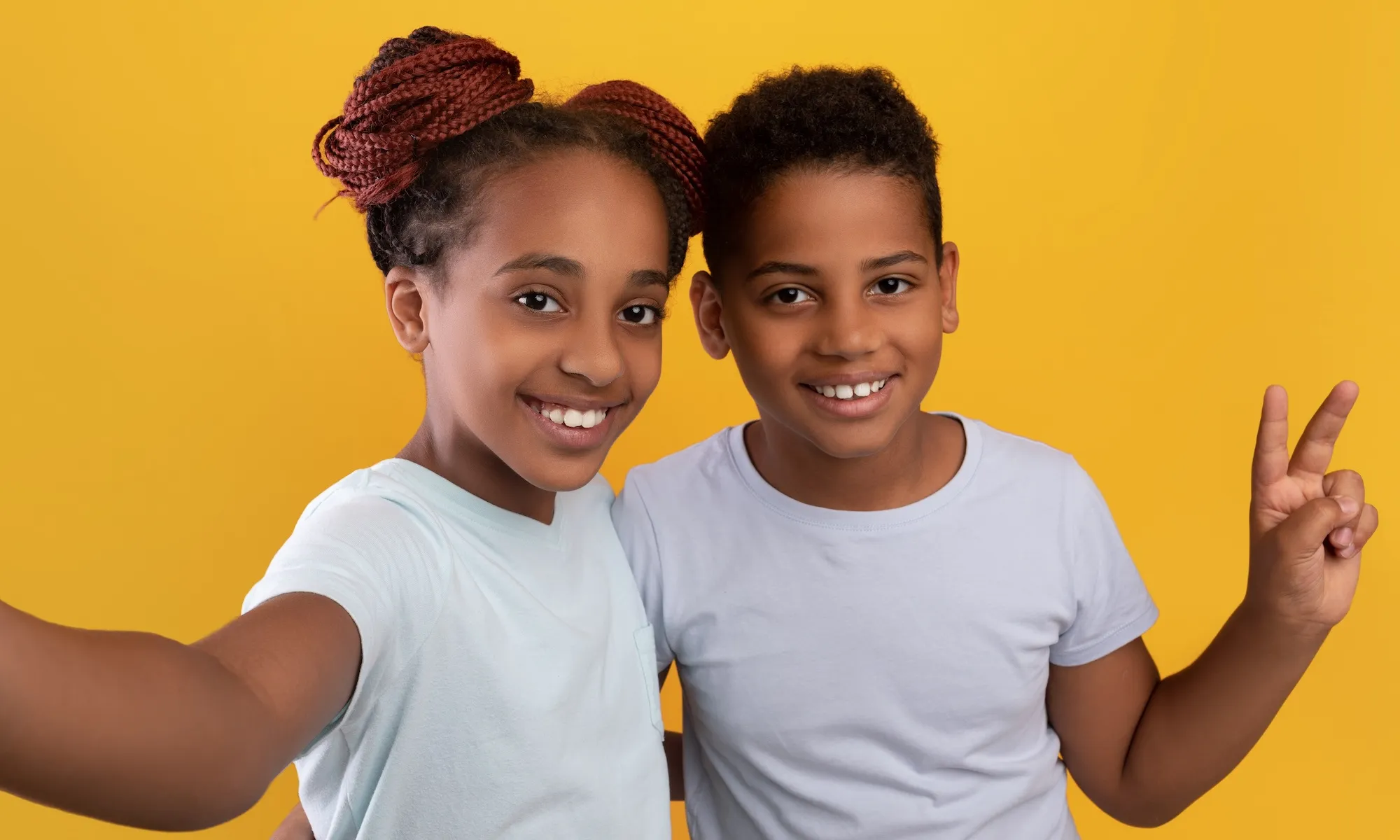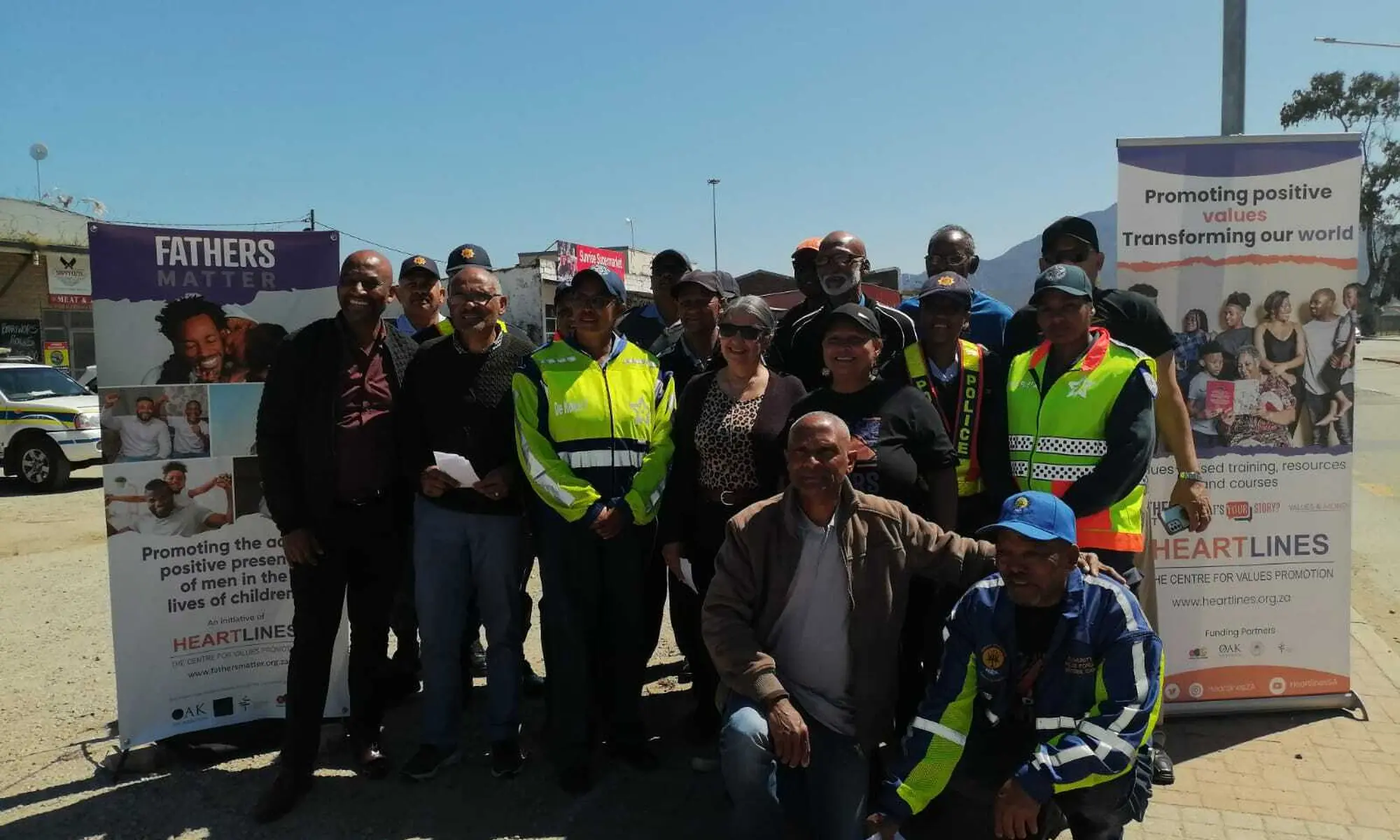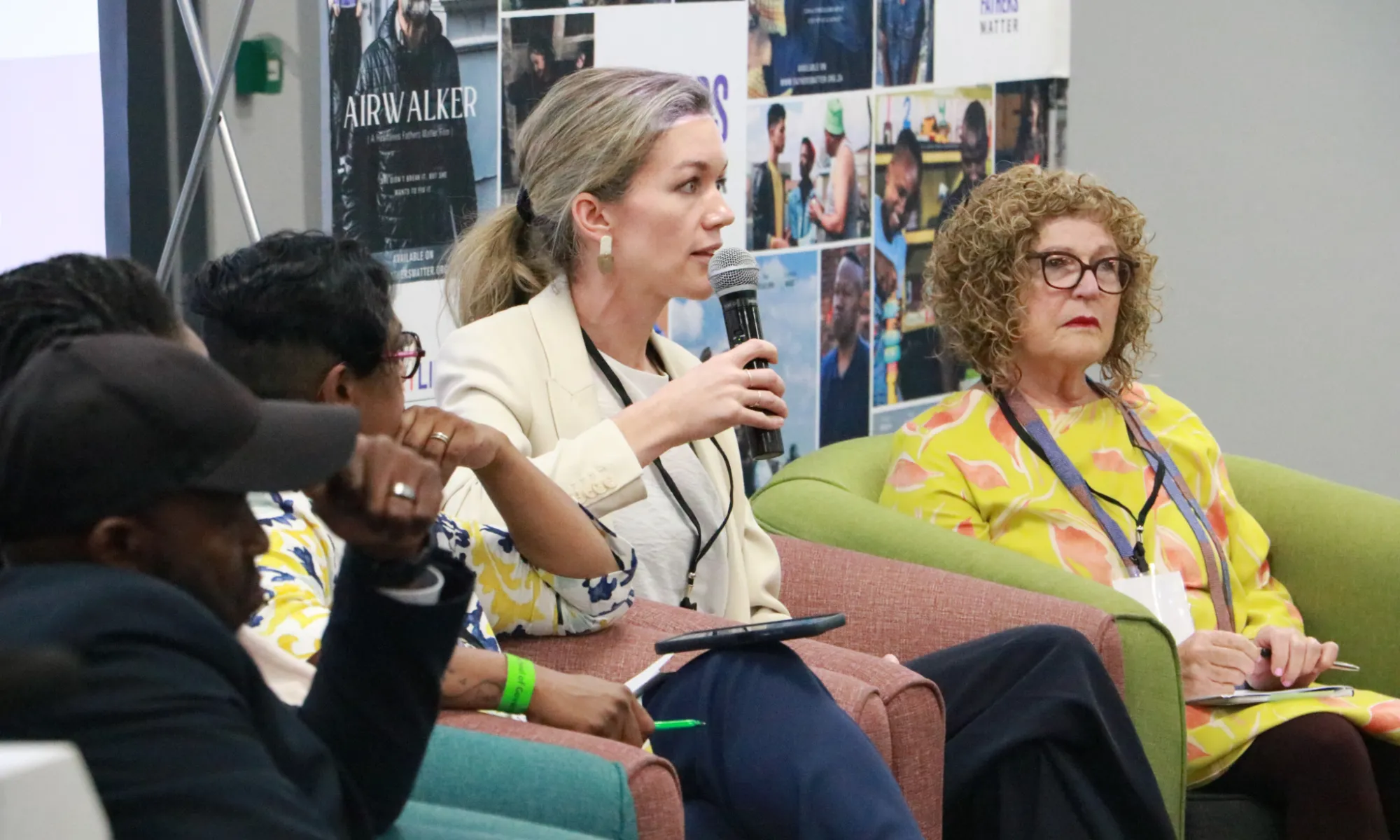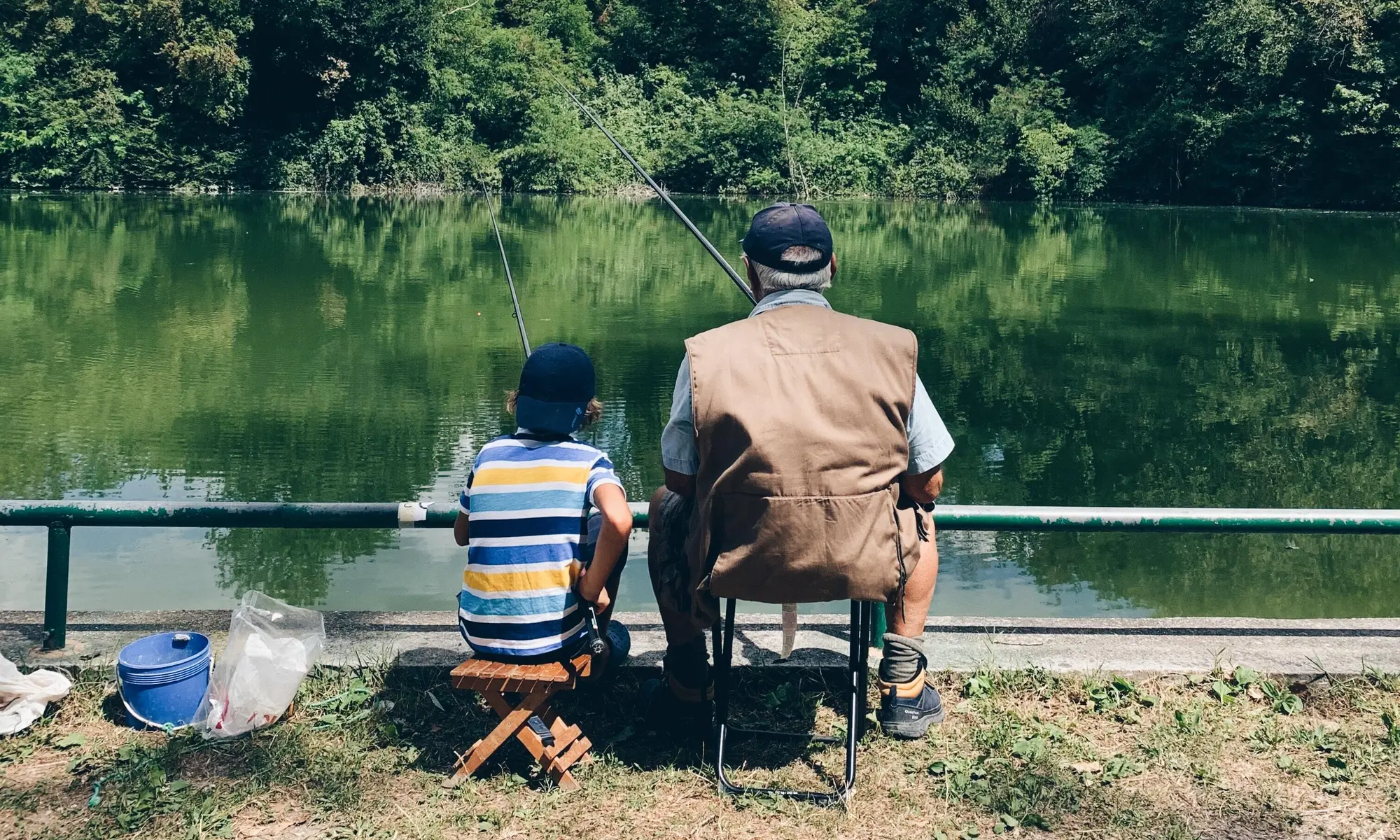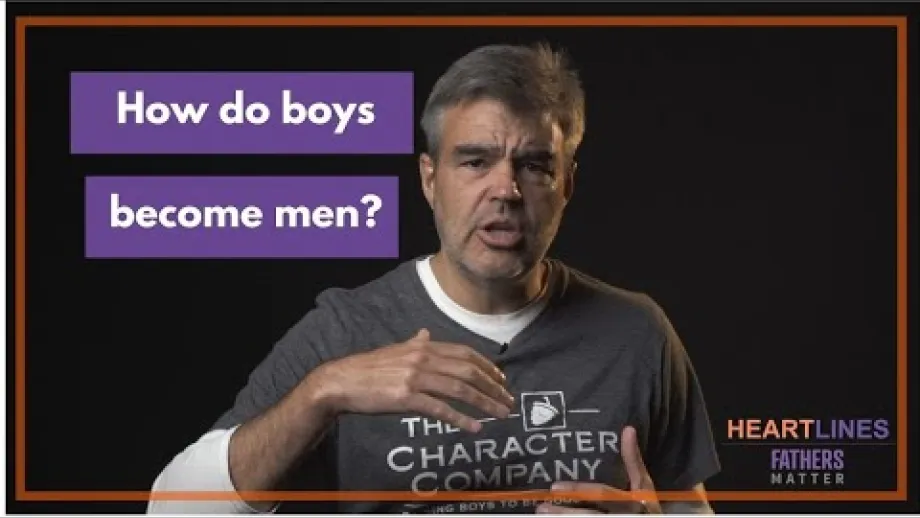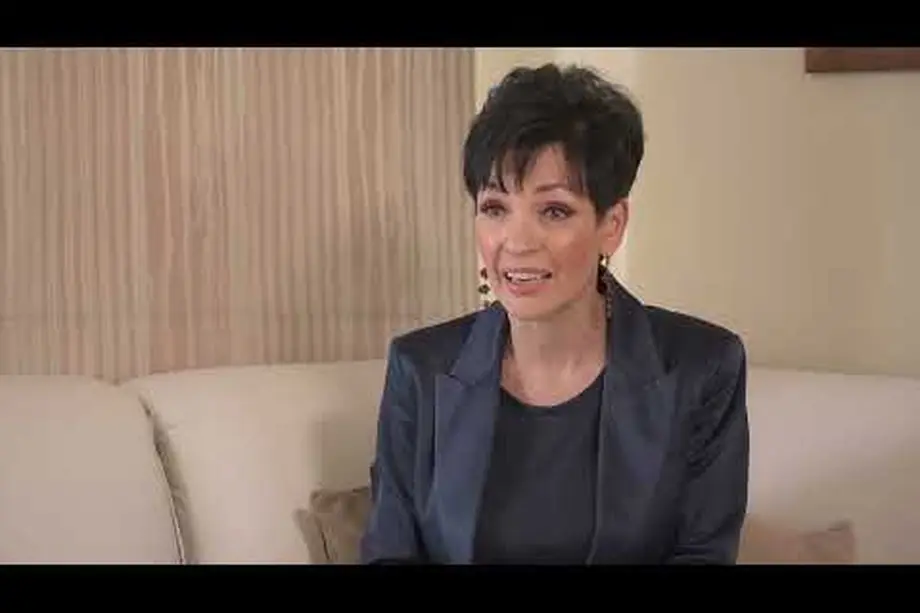#WhatCanIDo | Your Move Against GBV
A Heartlines Fathers Matter response to what we can do, individually and collectively, over the 16 Days of Activism for No Violence Against Women and Children – and beyond.
In the face of the GBV crisis, the question every individual must answer is: "What can I do?" Enough of dialogues that don’t lead to long-term change. To truly eradicate the scourge of violence against women and children, we need to take action, day by day, sometimes quietly, sometimes loudly, in whichever spaces we are in, for as long as it takes.
Over the 16 days, we’ll be proposing one daily response you can individually or collectively consider as your “move against GBV”. Of course, there are more than 16 things needed to combat violence against women and children, but this is our suggested start. We encourage our online and offline community members to engage with our 16 responses, and to add other #WhatCanIDo suggestions for how we can make a calculated move against GBVH-F (Gender-Based Violence and Harassment and Femicide).
The 16 responses can be found daily on our Fathers Matter Facebook page: @FathersMatterZA
Will you join us?

FATHERHOOD AND GBV
HOW DO BOYS BECOME MEN?
The way boys are raised shapes the kind of fathers they become. What must men teach boys so they become better fathers?
IMPORTANT CONVERSATIONS
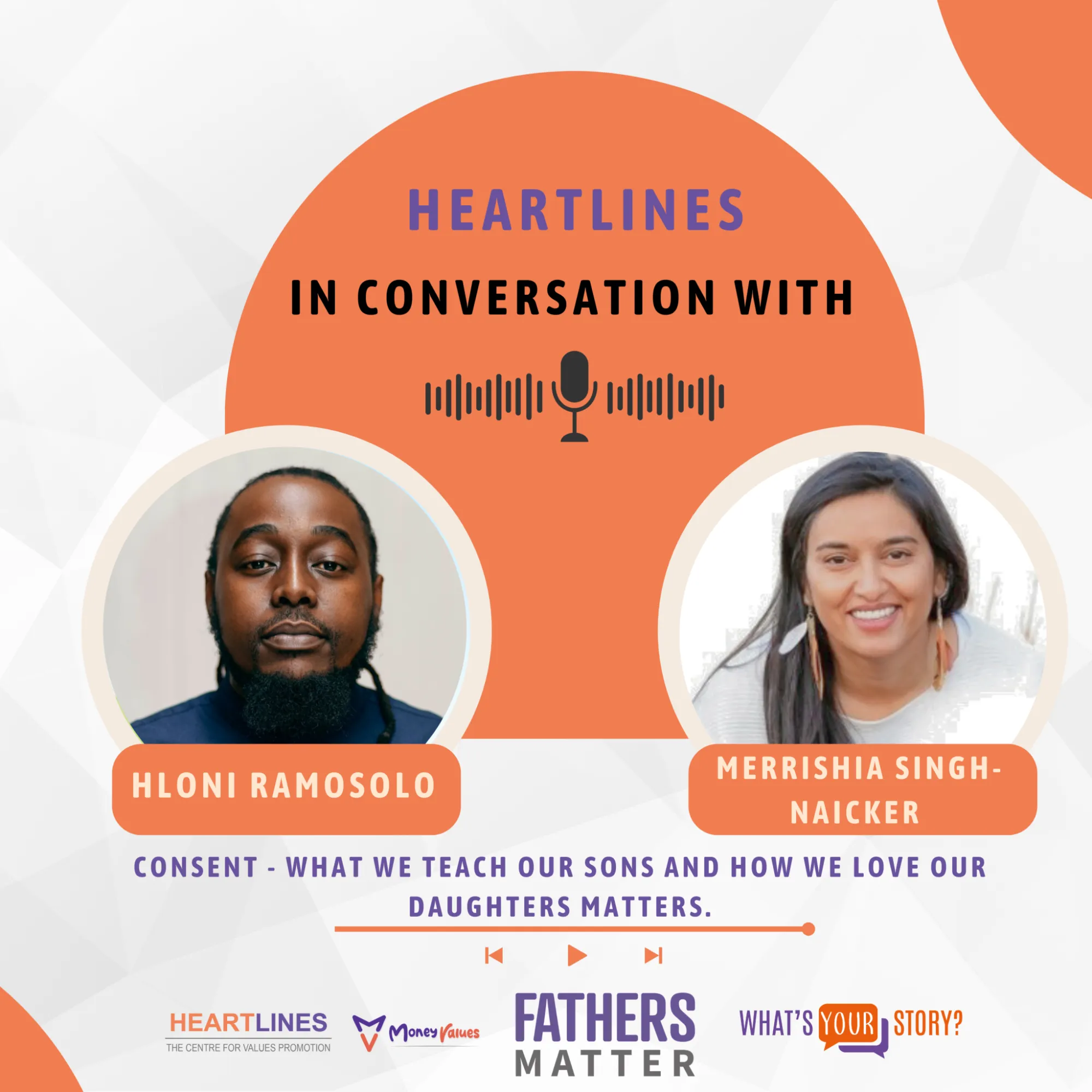
What we teach our sons and how we love our daughters matters
In this thought-provoking episode, we are joined by Family Therapist and Heartlines Facilitator, Merrishia Singh-Naicker as we unpack what it truly means to raise a generation that understands respect, empathy, and consent.
Read more about What we teach our sons and how we love our daughters matters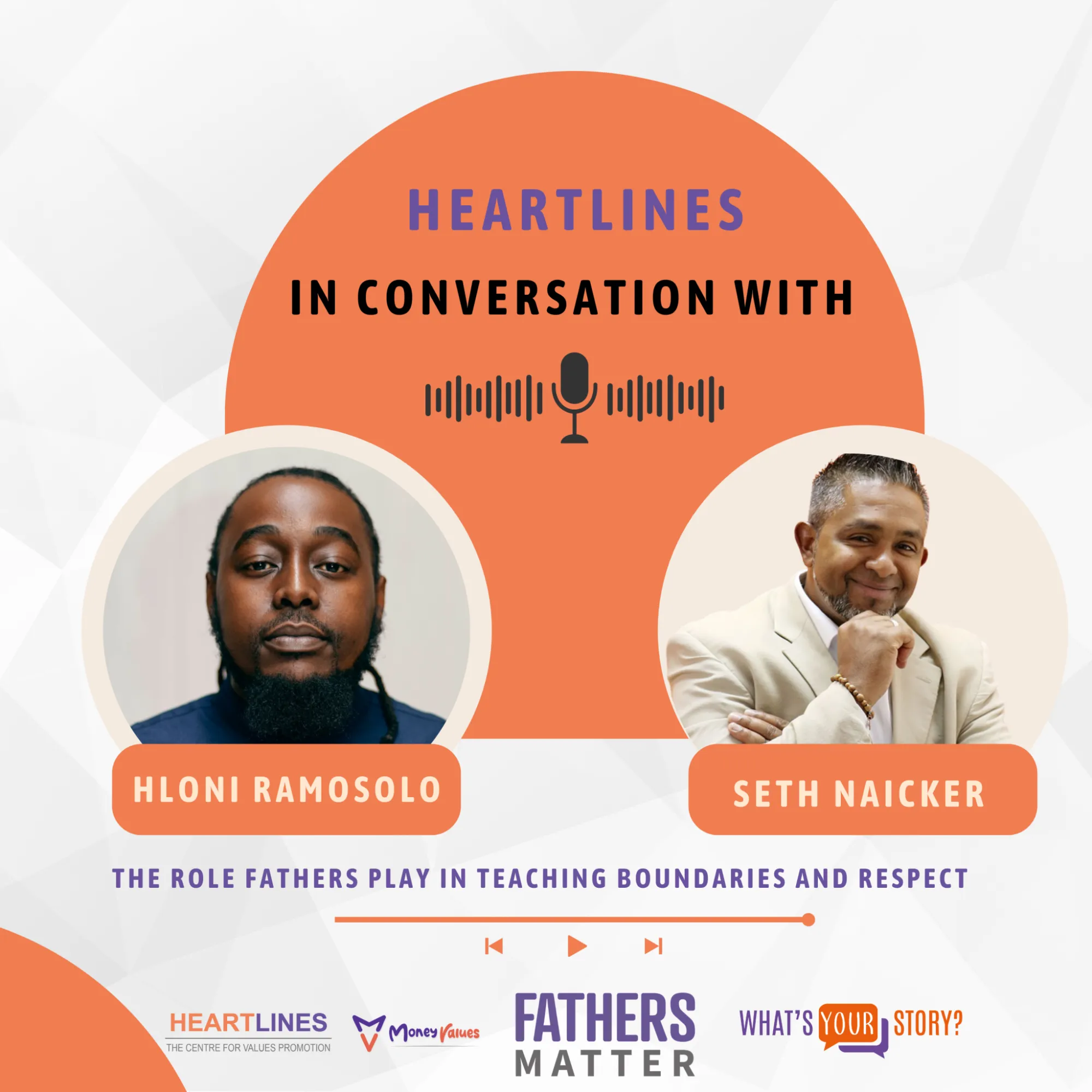
The role fathers play in teaching boundaries and respect
From building emotional safety to setting healthy boundaries, our guest, pastor and Heartlines Facilitator, Seth Naicker, joins us in conversation to unpack what it means to raise children who understand love and discipline in equal measure.
Read more about The role fathers play in teaching boundaries and respect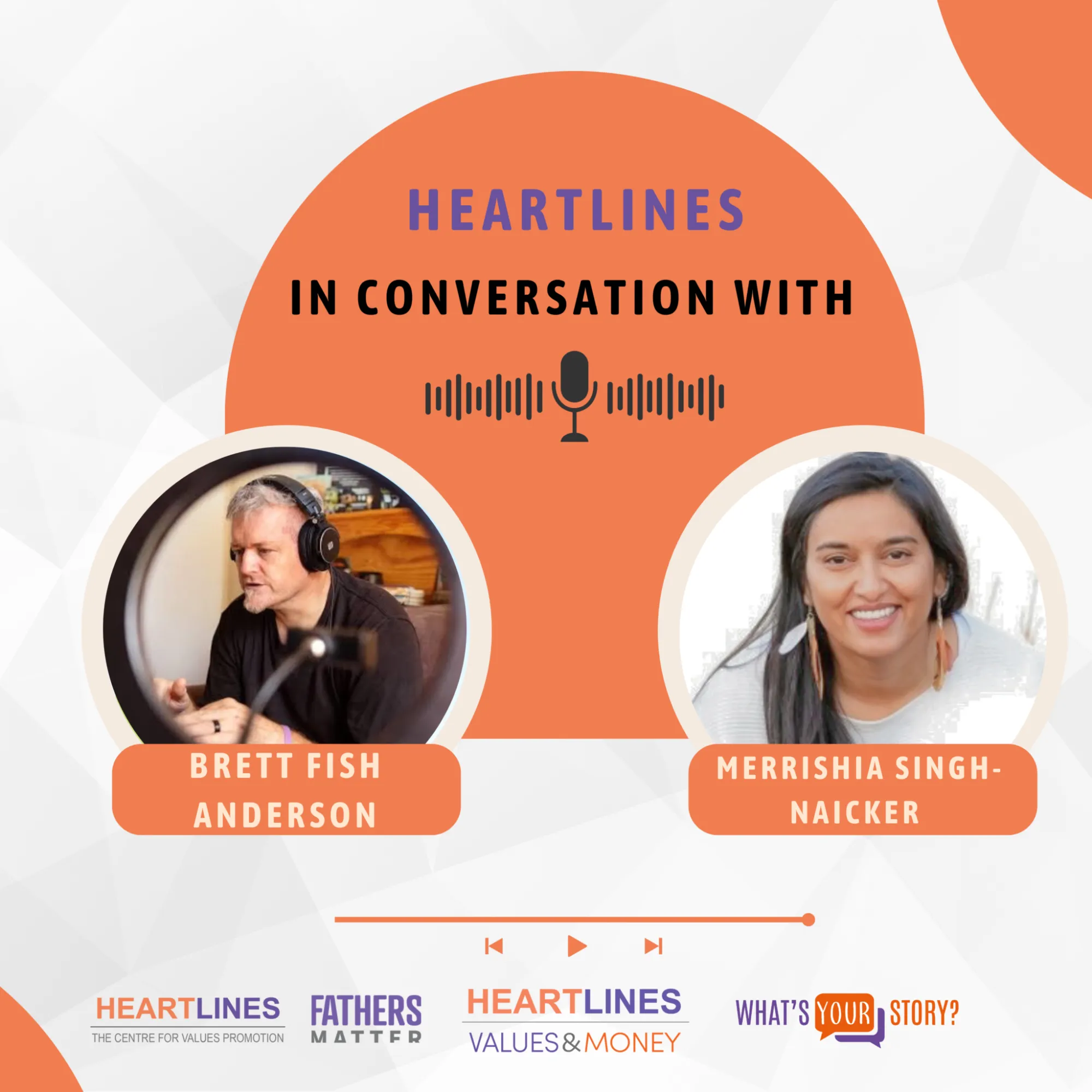
Beyond 16 Days
In this episode Brett & Merrishia dive deep into the realities of Gender-Based Violence (GBV)—its impact, the systemic issues at play, and explore how we can create safer communities and empower those affected.
Read more about Beyond 16 DaysViolence is less likely in homes where fathers share chores equally
By Wessel Van Den Berg
When fathers play an active and equal role in the household and are a positive presence, it relieves the burden of care on mothers – but also results in a household where violence is less likely to take place.
There seems to be a relationship between men’s contribution to care work, their presence in the household, and the risk of violence.
Feelings about fathers
By Refilwe Mabula
Today, many children grow up without fathers in southern Africa, says Mzikazi Nduna, Associate Professor in the Psychology Department in the School of Human and Community Development at Wits.
In her research on gender-based violence and absent fathers, Nduna found that “children who grow up with an absent biological father tend to display behavioural problems and often experience more life trauma and distress compared to children who grow up residing with both parents.”
The role of fathers and rethinking the concept of fatherlessness
By Professor Letlhokwa George Mpedi
In the South African context, there are links that can be made between fatherlessness and gender-based violence. Gender-based violence is so prevalent that South Africa has been compared to war-torn nations. Calls for action go largely unheard, and the scourge persists as the root causes often remain unaddressed.
Fatherlessness is a leading cause of gender-based violence
By Elizabeth Mamacos
No man is born an abuser or a rapist, something happens on the journey from boy to man. Men growing up without fathers, mentors and role models often grow up wounded and without an understanding of what it means to be a man.
Fathers at the centre of ending GBV
By Allison Cooper
“GBV is disturbing and disgusting. I always talk about raising a boy child well because they will have problems in the future if they are not raised properly. This is why we have aggressive men today,” says Sekgale.
“Fatherhood should be taken seriously and fathers should mentor their boy children to learn to talk about their feelings instead of acting them out. Boy children should not be taught to be strong and ‘never cry’, like most African cultures encourage, as they bottle up their anger and only show it later when they feel powerful,” he adds.
IN THEIR OWN WORDS...
This video shows the impact that absent or abusive fathers have, particularly on women, and encourages us to see how we can stop the cycle of gender-based violence by helping men to be positively and actively present in children's lives.
WHAT'S THE WORD?
We hear these phrases often, but it might not always be clear what GBV, VAW and IPV mean.
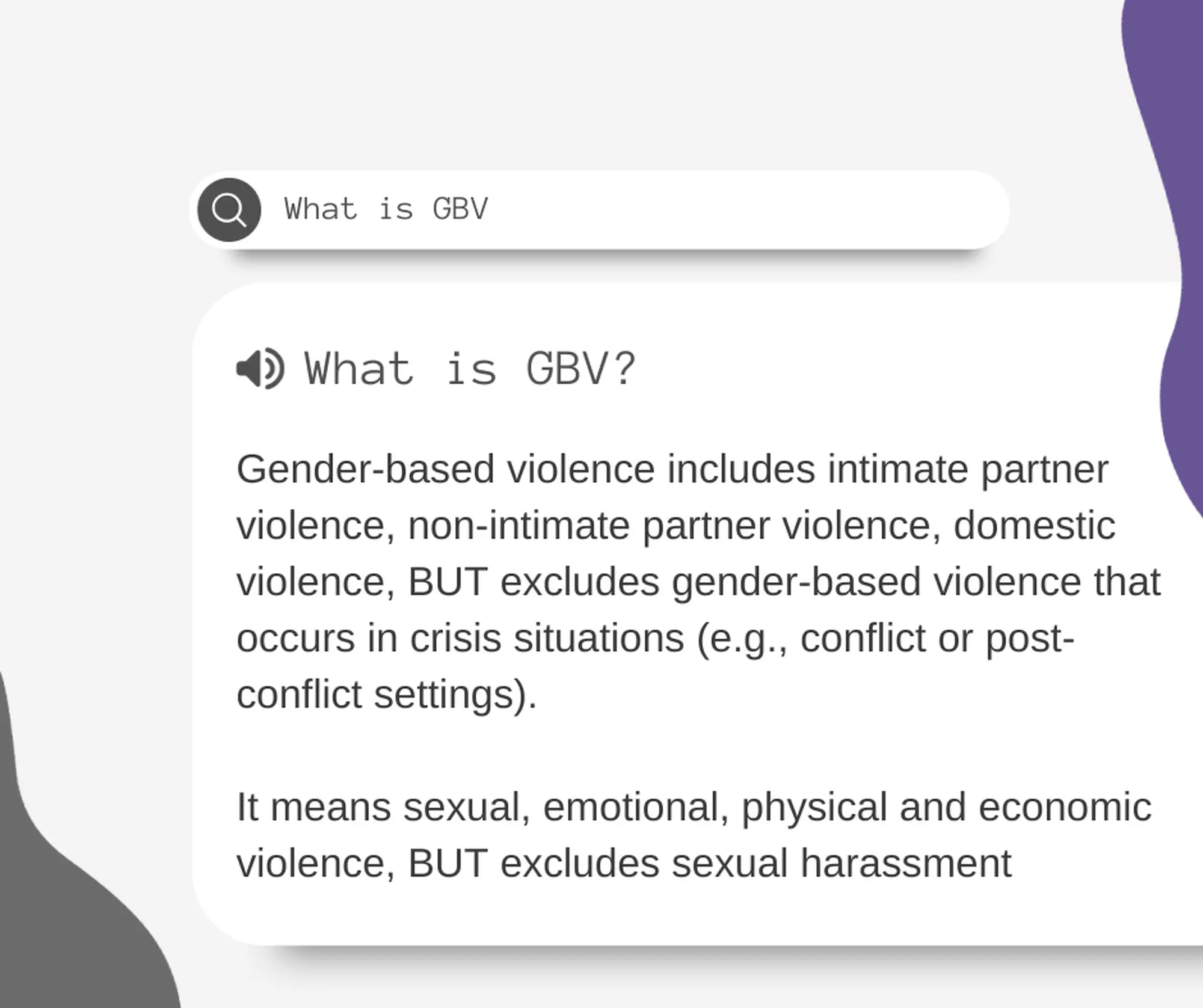
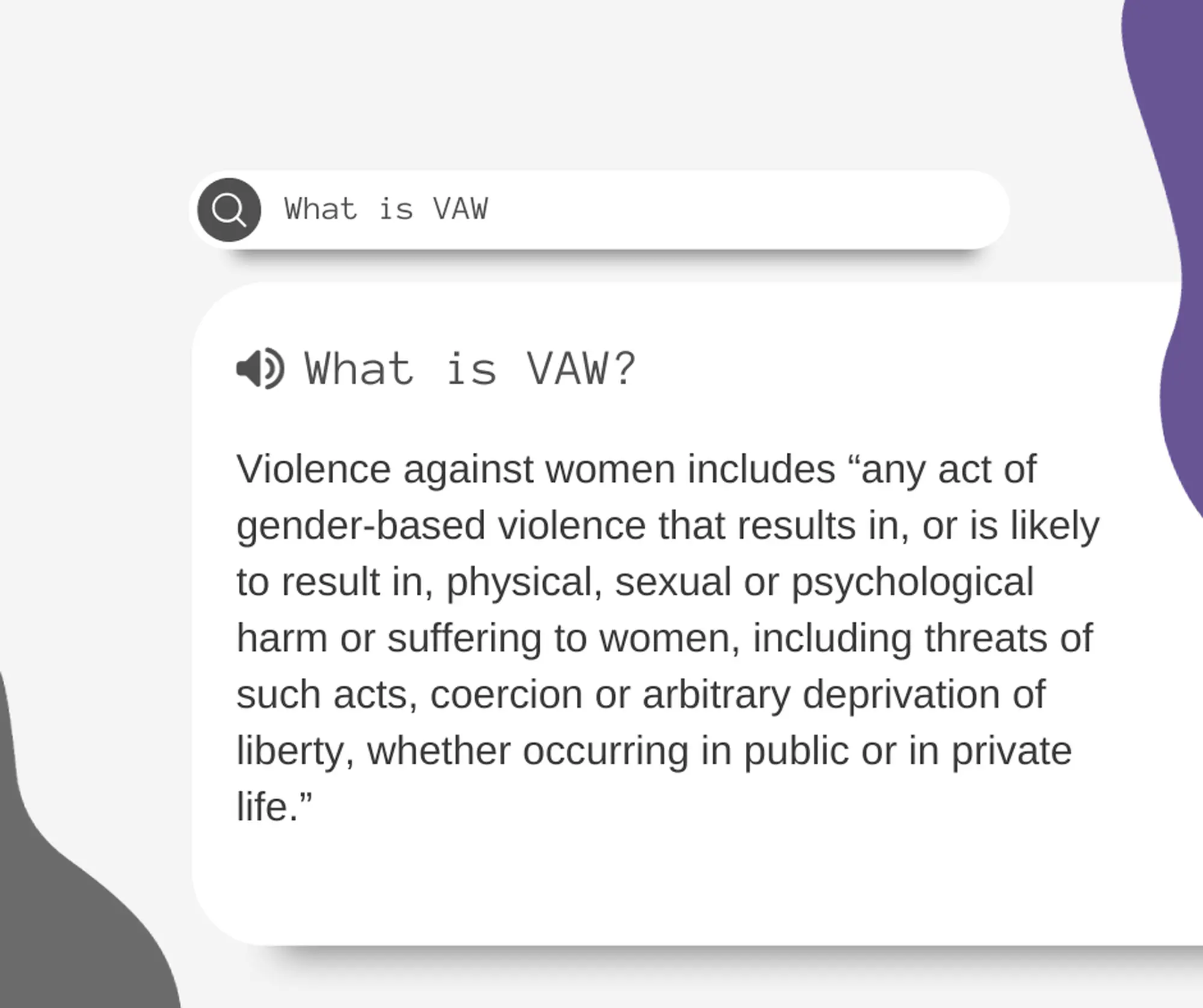
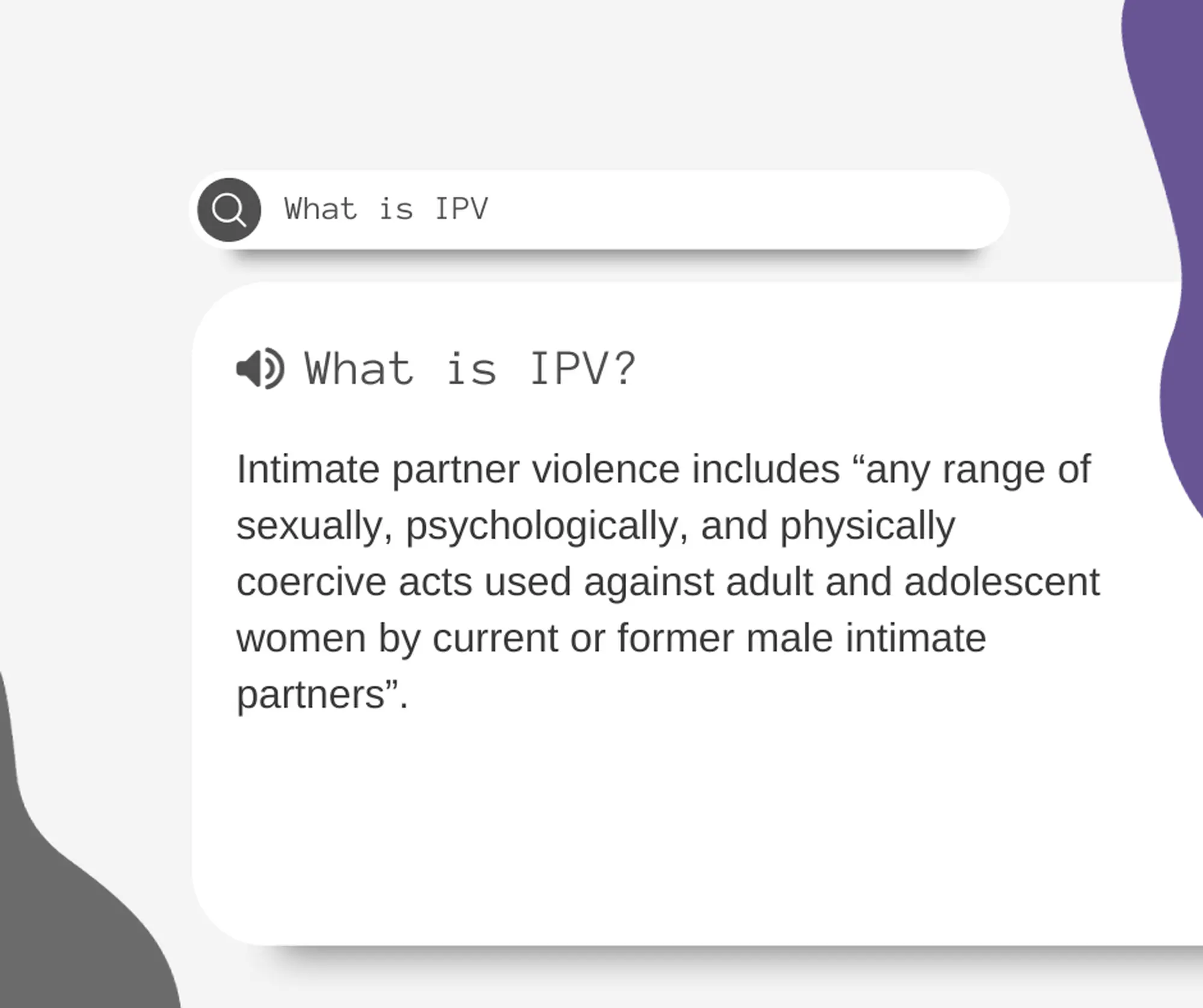
In collaboration with


